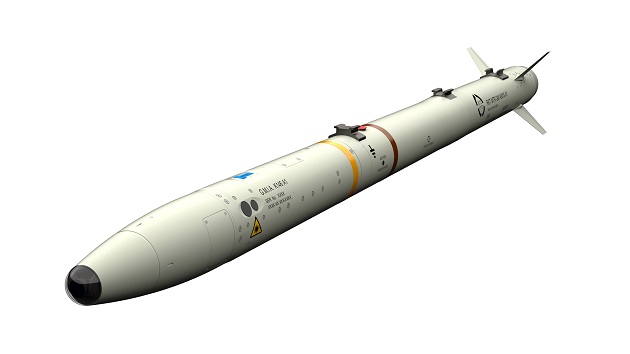Indian state-owned aerospace and defence company, Hindustan Aeronautics Limited (HAL) is carrying out integration works on one of the Limited series LCA-Tejas aircraft that will enable it to fire Astra Mk1 Beyond Visual Range Air to air missile by end of this year, Plans are also been prepared to start computer-generated data for integration of Advanced Short Range Air-to-Air Missile (ASRAAM) from the European missile-maker MBDA that has been approved for fitting on LCA-Tejas after talks were held between HAL and MBDA.
Heat-seeking, ASRAAM air-to-air missile will be supplementing Russian R-73 for Close Combat air to air combat for the entire LCA-Tejas fleet starting with the Tejas Mk1A fleet that goes into production in 2023. ASRAAM is already been integrated on the Darin-III upgraded Jaguar ground strike fighter jet fleet and IAF is keen that next-generation Close Combat air to air missile becomes a standard missile type across the fleet.
IAF also has been offered I-Derby-ER that has a range of 100km by Israel since Tejas Mk1 already has been integrated with older 60km range I-Derby, which according to Israeli company will be Plug and play system, that will be requiring no changes in the hardware or the Mission Computer system of the aircraft.
A final call on I-Derby-ER might be taken at a later stage, while the focus remains on enabling Astra Mk1 and ASRAAM on the Tejas Mk1A fleet, which will also be supplemented with I-Derby and R-73. Astra Mk2 a Dual-Pulse motor based 160km Beyond Visual Range Air to air missile is also being developed to be tested from Sukhoi-Su-30MKI later this year, it is expected that the missile will take few years of developmental and user trials before it is cleared for production. Astra IR (imaging infra-red homing seeker), along with the Astra Mk2 (160km) and Astra Mk3 (340km) will eventually replace imported air-to-air missiles in long run.








